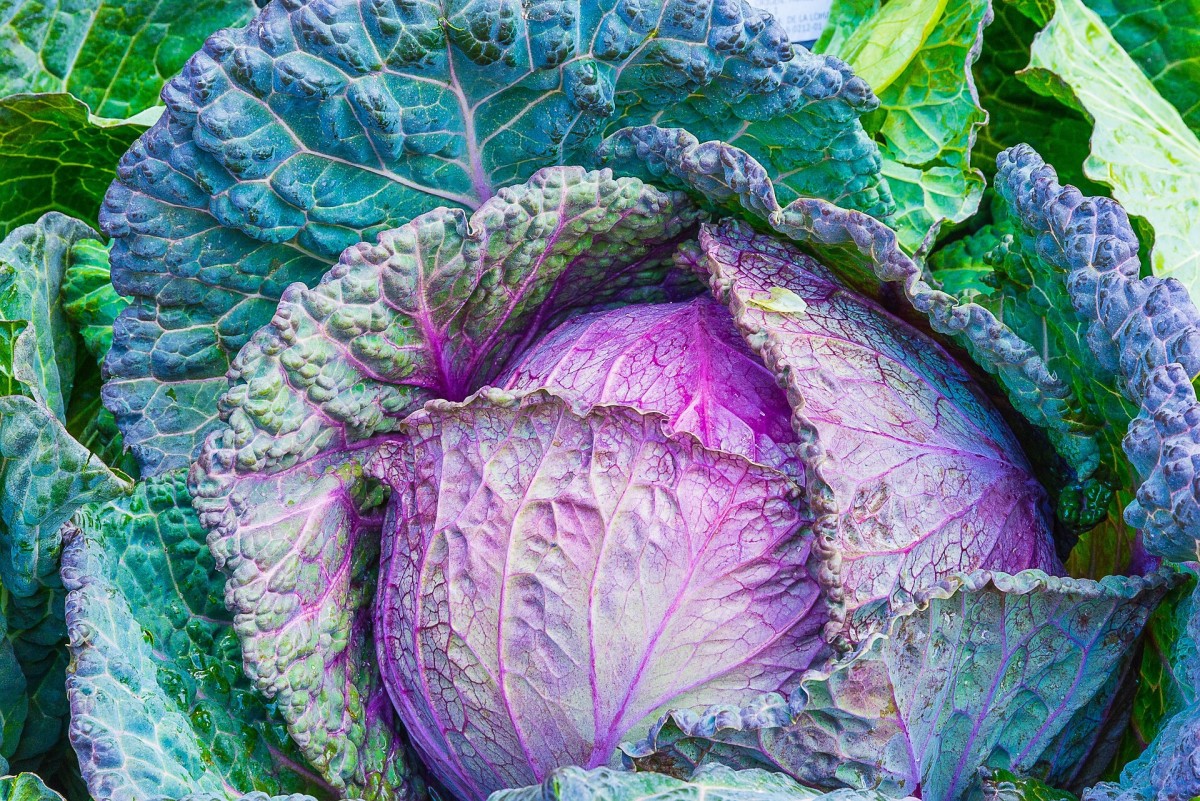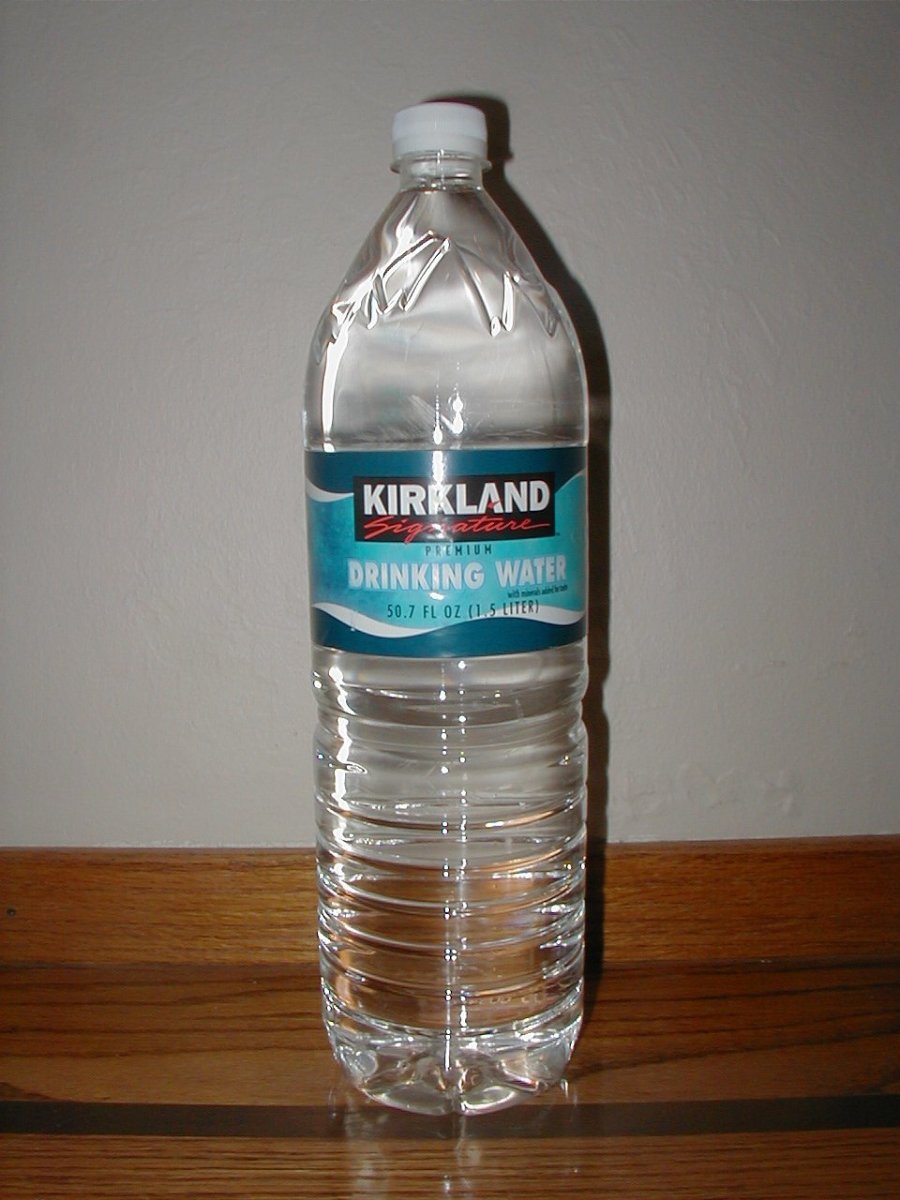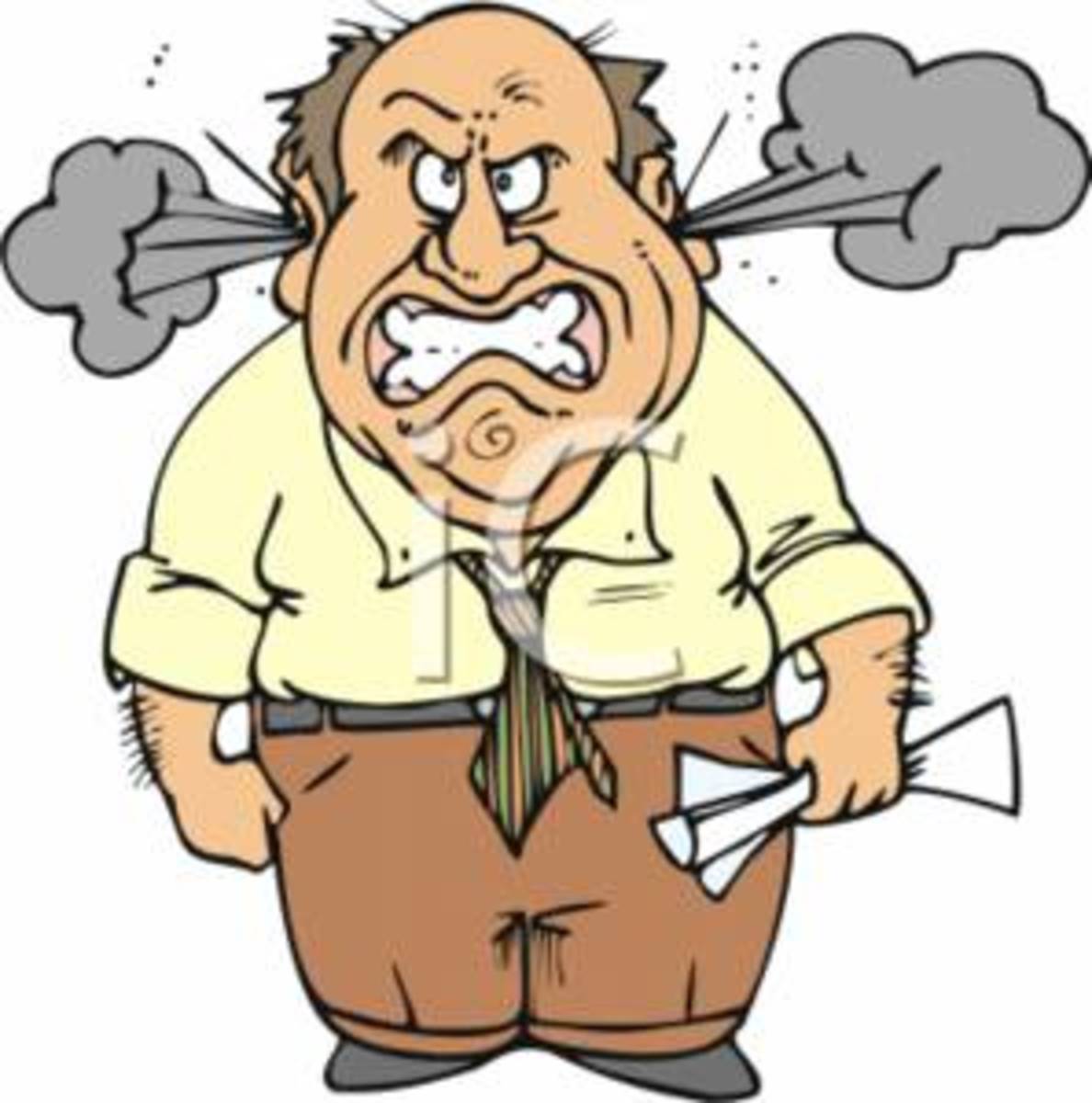Cause of Constipation

Constipation is not a disease, but rather a symptom of some underlying cause.Approach it from this direction and you are half-way to relief! Ahhhhh!
And, no, it’s not always easy to pin-point the exact cause of constipation. Agreed.
First, let’s state a few obvious points to focus our attention.
Although our constipation can occur in any part of the intestine - it is most likely to be in the colon, that is the organ known as the large intestine.
So, what happens?
- Well, we should know what we are shovelling in our mouth, right (this can be important to our search for the cause)?
- And, because the body is results driven, we expect a ‘good poo’ within a given time-frame.
OK - so, what can possibly go wrong?
Boils down to two, sometimes inter-related actions of your colon:
- The colon absorbs too much liquid as the food moves through it; and/or
- Poor muscle contractions in the colon, pushing the stool to the rectum too slowly.
The result: Hard and dry stools, not delivered on time.
Let’s give you a quick-fire list of the common cause of constipation, just in-case you want to pick your favourites and go straight to the detail below:
- Not getting enough fibre, such as fruit, vegetables and cereals
- Not drinking enough fluids, leading to dehydration
- Ignoring the urge to pass stools (especially see the bit for children)
- Immobility or lack of exercise
- Pregnancy
- Aging
- Travel
- Drugs and Medications
- Over-use of laxatives
- Hormones
- Intestine, Colon and rectum problems
- Irritable bowel syndrome (IBS)
- Specific Diseases and Conditions
Now, please read on, and we’ll touch on some detail for each of these, and find a little relief for you!
Not getting Enough Fibre
Are you consistently taking the easy or quick option; eating fast food or processed meals? Don’t be fooled by clever packaging - often the natural fibre has been refined out. Add to that , foods low in fibre and high in fat, such as meat, cheese and eggs, and you are more likely to get constipated. That would be self inflicted constipation! Best advice - try to eat more grains, fruit and veg.
Fibre is actually the bits of your food that the body cannot digest. Then why is it so important? Well, fibre helps produce a soft and bulky ‘poo’, which is more likely to make it to the bottom in a reasonable amount of time.
Technically, increasing fibre in your diet now is not going to relieve the constipation you have today, but, it will do wonders for reducing the chance of a future blockage.
Not Drinking Enough Fluids
Similar to increasing fibre, this one is not the cure for your constipation today, but, will improve your future.
Make a point of drinking fluids that hydrate (such as water or fruit juice), do it regularly until it becomes a habit, and after a while, it will provide effortless relief.
It’s no secret that alcohol and caffeine can have a dehydrating effect. And, no, I’m not going to tell you to give them up! If you are otherwise healthy, be aware, have your coffee in the morning, but also a glass of water when you get up and/or when you get to work. Had a night out on the town? Follow-up with water and fruit juice (put a reminder on the fridge door, you’ll see it during your desperate search for food); not only will it help the constipation ….. yes, a little hang-over help is included too.
Constipation for some, can also be aggravated by drinking milk, and consuming other dairy products.
Ignore the Urge to ‘Poo’ at your peril!
A surprising number of us ignore the urge to have a bowel movement. For most of us, the question ‘to go or not to go‘, is under our control. If we ignore the bodies natural signals too often, these urges can start reducing, or in some cases disappear, leading to drier, harder ’poo’ (which is harder to pass), and eventually constipation.
So why don’t we want to go? Well, because there are so many reasons; see the list below. The important point is be aware of your situation, be truthful with yourself, and realise that taking a regular ‘poo’ is a vital part of your wellness and effects daily performance. You could try to pick a convenient time and place (usually your home) and stick to it for a while, (even if you don’t actually ’poo’ at first); in many cases the body can learn and effectively co-ordinate with your lifestyle (if it has too).
Some reasons: “I don’t have enough privacy in the toilet”; “There is never a bathroom around when I want one”; “I only use my own toilet - at least I know who’s been there”; “I could never do that kind of thing at work/school”; and our personal favourite, “I’m too stressed to go, and even if I could, I’m far too busy to spare the time”.
Important: Regarding Children. Remember, they are mini versions of you! (scary ah!)
Believe it or not, children can also get stressed or anxious, especially during the whole learning to ‘poo’ phase (or whatever your word is for it). And there’s more - yes, children can get preoccupied (just like adults), and feel like they are too busy to go.
Try not to create too much pressure around using the toilet, try to guide more, and let them work it out for themselves as much as possible. The key is to promote good, regular habits when they feel the urge; and overcome issues, such as, ‘fear of school toilets’, stress and anxiety, any discomfort during bowel movement, or suppressing the urge to continue playing.
Help your kids get it right now, and ‘it’s the gift that keeps on giving’!
Immobility or Lack of Exercise
Experience suggests that lacking in physical activity can contribute to constipation. This can occur when you are ill, or have an accident, that results in lying in bed for more than a few days; or simply from slowing down, as we get older, and less able to move around.
Pregnancy
As your body produces more of the hormone progesterone, it has a relaxing effect on the muscles in the bowels that move waste. This can slow down the normal process, and almost half of women experience constipation to some degree. The best way to help relieve this, is the fibre and fluids route above, along with some gentle exercise (if ok with your doctor). Laxatives can be used, but please consult your doctor, because not all types are safe to use during pregnancy.
Another, more obvious, effect of pregnancy, is that all of your organs can get a ‘bit squashed’. Pressure on the wall of your intestine, can, to varying degrees, slow down the movement of waste, at times, leading to constipation.
Aging
It is natural as we get older that our metabolism will slow, our muscles moving waste along the colon, may not be as strong as they once were, and we become less physically active; all these are likely to increase our chances of constipation.
Try to maintain some gentle low-impact exercise, as advised by your doctor.
Travel
This has a lot to do with changes to our daily routine and to the foods we eat while travelling. Everything, from the time difference, to eating foods our body is not used to processing, to sitting for long periods, to being in the sun all day, dehydrating, and then heading to the bar for alcohol. Sometimes, you may suppress the urge to take a bowel movement, because there is no toilet available, maybe they are not clean enough for you, or you are just not comfortable going on a plane, or in a coach.
If you find that you suffer regularly, and it affects your enjoyment travelling, try to be aware of the above causes. Some things you can do: do a bowel movement before you leave you home, then reduce your intake, especially of processed foods while on the move; try eating more fruits while travelling; take plenty of water (but be prepared that you may still need a toilet); plan ahead, find out where are clean, available toilets are; and, stay mobile, walk whenever you can, such as around the airport.
Drugs and Medications
Unfortunately, as we try to cure other challenges to our health, the drugs we take, can sometimes increase the chances of additional discomfort from constipation.
No, this doesn’t mean you can stop taking your medication - sorry for stating the obvious.
So, what do we do?
Firstly, if your medication is a fairly short-term course of treatment, such as 6 weeks or less, you could ‘ride it out’, and your constipation should ease once you stop taking them.
Next, try the easier steps, mentioned above; increase fibre in your diet, drink plenty of hydrating fluids, and exercise regularly (depending on your health condition, and advice from your doctor).
Third, don’t suffer in silence, talk to your doctor. There are often alternatives to the drug you are taking, and your doctor can prescribe medication that does not have constipation as a potential side-effect.
Some, but not all, of the medications that can sometimes cause constipation include pain medications; antidepressants; anticonvulsants; iron and calcium supplements; blood pressure medications; antacids, to treat indigestion, containing aluminium and calcium; Parkinson’s Disease drugs; antispasmodics; diuretics (water tablets); Epilepsy medications; and, antipsychotic drugs, to treat schizophrenia and other mental disorders.
Over-use of Laxatives
Laxatives obviously promote regular bowel-movements; that’s why we take them. If we take them habitually, we can find that the dose required slowly increases - although we may not always be aware of this gradual change over time.
By building up this dependency, we can increase the risk of constipation when we stop taking laxatives.
“Why would I want to stop taking laxatives?” Well, although inconclusive, there is some suspicion that over-use of stimulant laxatives can cause damage in the colon area. If the muscles and nerves in the colon cannot function normally, this can cause constipation.
The advice here, then, is try the other more natural preventative measures, mentioned above; increase fibre in your diet, drink plenty of hydrating fluids, and exercise regularly (depending on your health condition, and advice from your doctor). And, as much as you can, take laxatives only when you are in real need. Remember, you don’t need to have a bowel-movement everyday, we are all different. But, if you are finding that laxatives are on your weekly shopping list, it may be time to consult your doctor …. again, don’t suffer in silence, you could be doing more damage.
Hormones
If you suffer from hypothyroidism, that is too little thyroid hormone, or hyperparathyroidism, that is over-production of parathyroid hormone, this can cause constipation.
Also, women can suffer from constipation temporarily during menstrual periods, when estrogen and progesterone levels are high.
Intestine, Colon and Rectum Problems
Where the cause of constipation is unclear, the global term idiopathic constipation is used. Many theories have be given to shed light on various aspects of idiopathic constipation, many pointing suffering since very early in life. Since the cause is unknown, the constipation can be treated, but finding a cure is more of a challenge.
On the other hand, where the bowel appears healthy, but is not functioning normally, the term functional constipation is used. In some cases, diet and lifestyle have been named as contributing causes. Two examples of functional constipation are colonic inertia and pelvic floor dysfunction.
Colonic inertia describes a condition where muscles and nerves in the colon fail to work properly. The result is that our waste does not move normally through the colon, hence, causing constipation.
Pelvic Floor Dysfunction is where the muscles in the pelvis, which assist bowel movement, become weak, leading in some cases to constipation. Fortunately, there has been some success improving this condition, through muscle training exercises.
The colon and rectum can suffer nerve or muscle damage, be obstructed or experience a narrowing, all of which can cause constipation. Reasons for this include, tumours, scar tissue, diverticulosis, Hirschsprung disease, or diabetes.
The idea here is not to shock you, but, your constipation can be the symptom of a more serious problem. So the advice is clear; if in any doubt, consult your doctor.
IBS (Irritable Bowel Syndrome)
IBS is a catch-all term, used to describe a functional digestive disorder, that can be characterized by diarrhea, constipation, alternating periods of both, gas, pain or bloating.
The normal rhythmic muscular contractions of the digestive tract become irregular and uncoordinated. This interferes with the normal movement of food and waste material, and leads to the accumulation of mucous and toxins in the intestine. The accumulated material sets up an obstruction trapping gas and stools, which causes bloating and constipation.
Please read the article 'Help and Medications for IBS’, specifically looking at IBS in detail, for our 3-step plan to relieve IBS and constipation.
Specific Diseases and Conditions
Many health issues can slow the passage of waste through the intestinal system. We dealt with side-effects of taking the drugs already above, so here we make specific reference to diseases and conditions that can cause constipation.
IBD, inflammatory bowel disease, a condition where it is thought, the body’s own immune system attacks the large intestine (the colon and rectum) and causes inflammation. Colitis and Crohn’s Disease are types of IBD. Please read the article 'Help and Medications for IBS’, for more information.
Central nervous system diseases of the brain and spinal cord may cause constipation, including Parkinson's disease, multiple sclerosis, and spinal cord injuries.
Other challenges, such as, neurological disorders, metabolic and endocrine disorders, systemic conditions that affect organ systems, such as Lupus, psychiatric problems (from trauma or abuse), chronic anxiety and depression, or a stroke; can all cause constipation.
The Constipation Conclusion
With constipation such a widespread symptom suffered by so many of us, it is clear that bowel movement is a very important, necessary, and finely balanced function of our bodies.
Going through the multitude of causes above, it is also clear that so many causes exist for constipation, and getting the right diagnosis is very important - if only to rule out some of the more serious causes.
The good news for most of us ….. the constipation will not be chronic, and is caused by not looking after ourselves. So important to our personal comfort, and yet so many of us, are ignoring the bodies messages - of which constipation is one of them. Hey! Don’t switch off! This is not a telling off - you are reading this article, so you are part of the cure. It’s a matter of being informed, being aware, and deciding to have as good a quality of life as possible. This may mean chasing a few less empty desires, and instead, enjoying the beautiful fragrance of the roses.
Use the above list of causes to educate yourself, and try the easier steps, mentioned above; increase fibre in your diet, drink plenty of hydrating fluids, and exercise regularly (depending on your health condition, and advice from your doctor).
Remember the advice, try not to suffer in silence, talk to your doctor about it.
- Help and Medications for IBS
Many of us have it, so lets see what we can do about it. This article looks at some of the best tips for dealing with, something we well know, is more than just an irritation.








